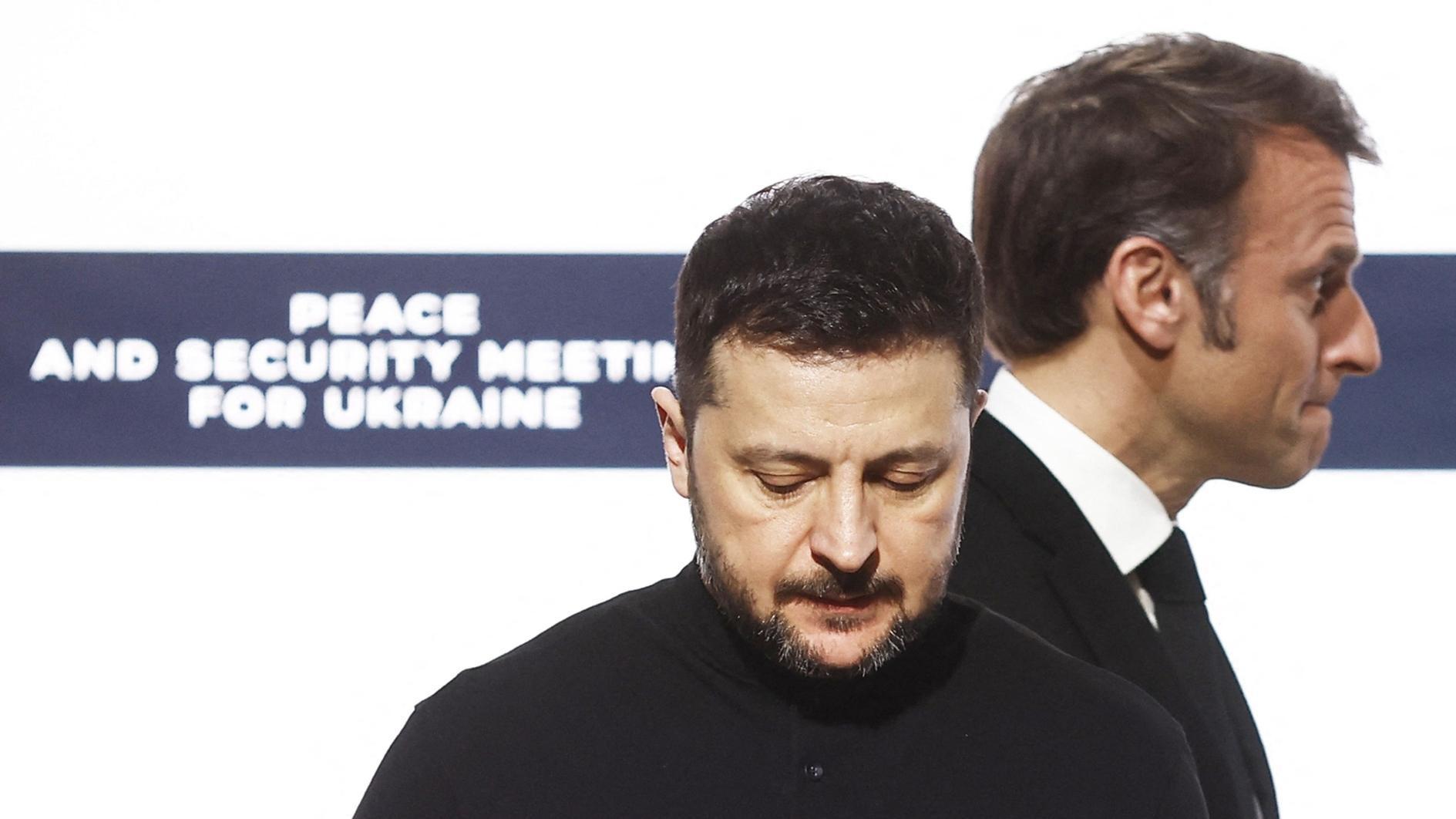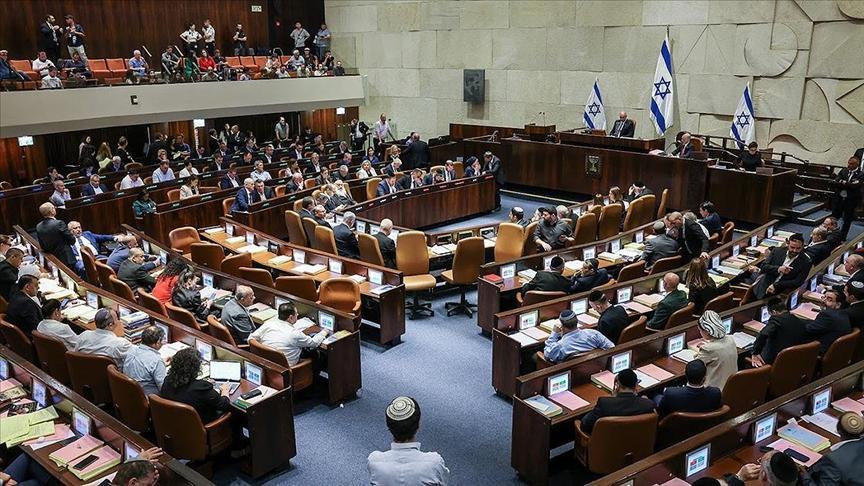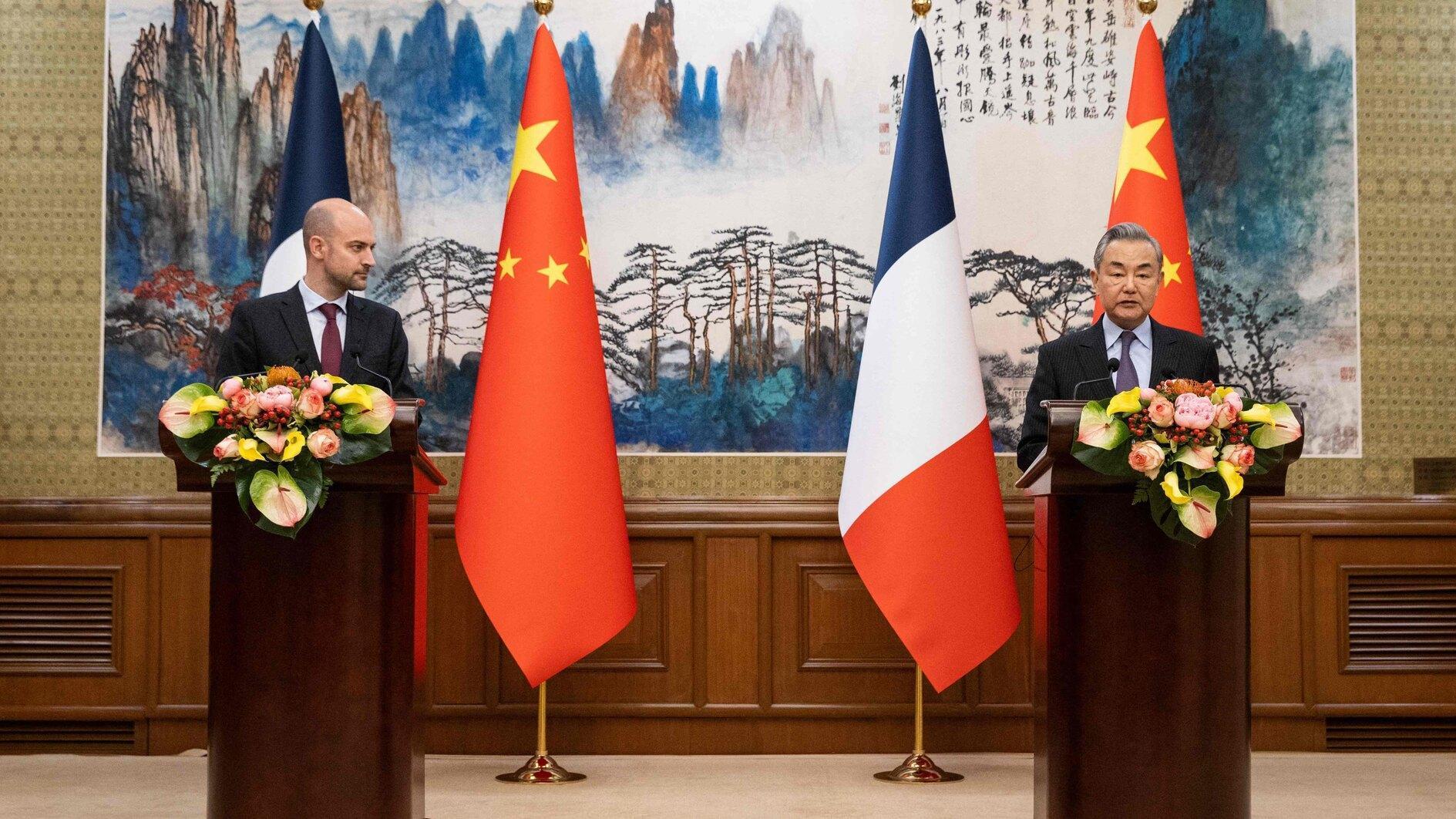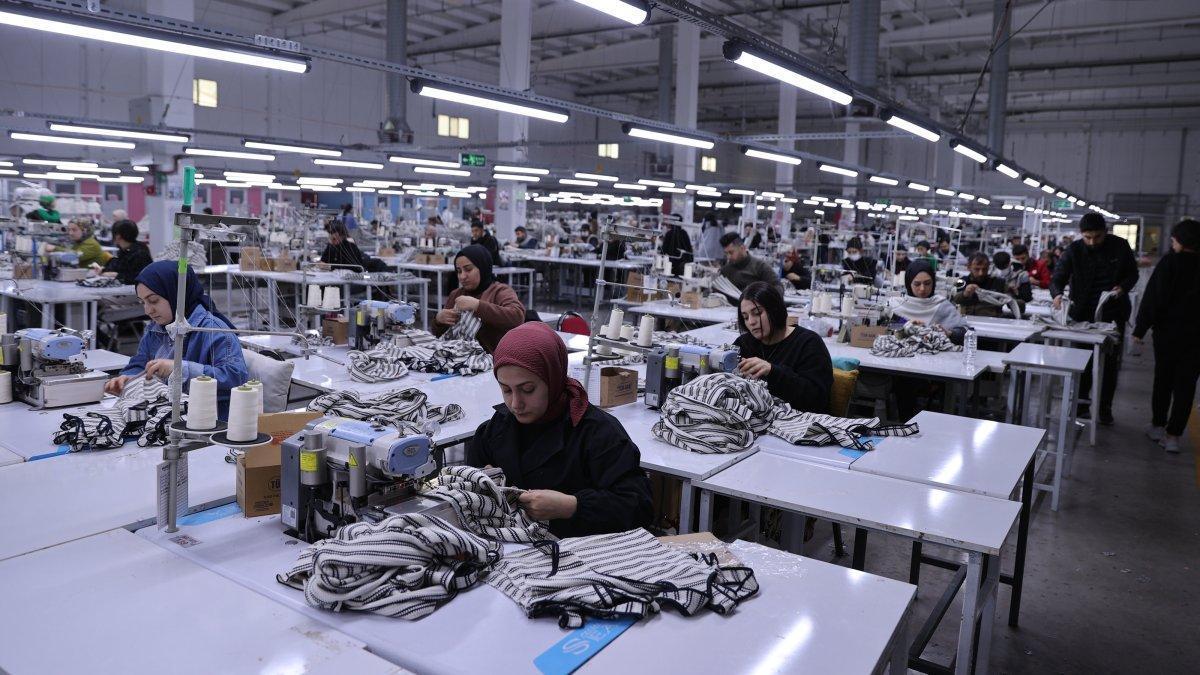Main opposition finds bug in meeting room in Istanbul’s Maltepe building
ISTANBUL/ANKARA
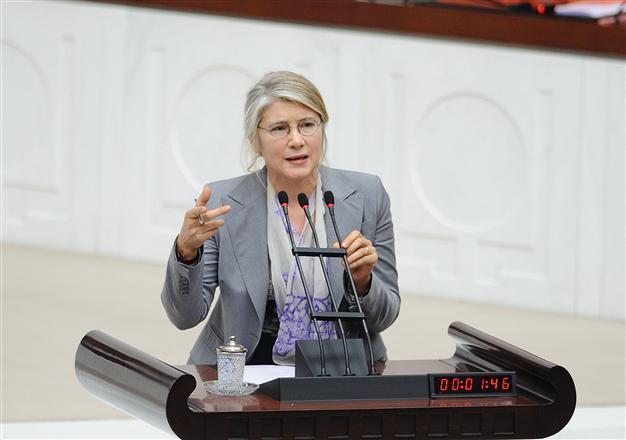
CHP’s Ankara deputy Emine Ülker Tarhan has called on prosecutors to open a probe into claims that some CHP deputies have been spied on by police and the intelligence service based on government instructions. DAILY NEWS photo, Selahattin SÖNMEZ
A bug was reportedly found at a main opposition Republican People’s Party (CHP) Maltepe district organization’s meeting, attended by the party’s deputies, while the party’s Ankara deputy Emine Ülker Tarhan has called on prosecutors to open a probe into claims that some CHP deputies have been spied on by police and the intelligence service based on government instructions.The deputy head of the CHP’s Maltepe district organization, Evin Gençosmanoğlu, said they had found a bug under a chair in a room where they held a meeting in Gülsuyu neighborhood, Doğan news agency reported.
“today we had an important meeting… three of our deputies were present and this incident [finding the bug] took place after the meeting ended,” said Gençosmanoğlu, adding that they had not seen any such incident in the past. The meeting was about the recent armed attacks in the neighborhood in which nine members of the Socialist Party of the Oppressed (ESP) were shot in the legs.
The police took the bug to inspect it. The meeting was closed to the press. The incident revealed soon after the CHP claimed the alleged documents blacklisting its several deputies.
“State institutions should take a look into it. A prosecutor must immediately open a probe,” said Tarhan, daily Hürriyet reported today. “Shame on them if these documents have been prepared by an intelligence service. I was elected as the head of the anti-government Judges and Prosecutors Union (YARSAV) in 2009, but they wrote the date as 2010. They did not even check the date,” said Tarhan, referring to documents about deputies. Tarhan had links with foreign missions because she held meetings with the International Republican Institute (IRI), the Heinrich Böll Foundation and STRATFOR, according to the document.
Meanwhile, the ruling AKP deputy leader Mustafa Şentop accused the CHP of making up speculation in order to grab attention.
“The CHP is setting the agenda with such speculative false reports because it cannot make the agenda with its political opinions, evaluations about Turkey’s issues,” said Şentop today.
The CHP has alleged that the ruling Justice and Development Party (AKP) collected 15 CHP deputies’ personal information and activity records with the help of police and the state intelligence agency.
The documents include personal and political background information on Tunceli deputies Hüseyin Aygün and Kamer Genç, Ankara deputies Tarhan and Levent Gök, Denizli deputy İlhan Cihaner and CHP Vice President Nihat Matkap, including where and when they met with diplomats, politicians or “illegal organizations,” along with publicly known data.
“Were they monitoring some NGOs and did we enter their list when we contacted these NGOs? Meetings with diplomatic mission officials are part of [a deputy’s] routine. The information about me and my colleagues is data open to everyone. We could inform them comprehensively if they had asked us,” he added.
Matkap said the information about him in the documents was completely wrong. “I have not been to Syria or met someone from Syria. I don’t know [late Syrian President] Hafez al-Assad. I have lived my whole life in front of the public and worked as a minister. What kind of intelligence is this?” Matkap said.
Cihaner said the institutions and people capable of collating such information were well-known, calling on those responsible to resign. “It seems that defamation against us is the goal with these documents. Keeping [illegal] records is by itself immoral. It is based on rumor, not real information … [the identity] of those who gave instructions [for the snooping] is very clear: the AKP government,” Cihaner said. Turkey’s National Intelligence Organization (MİT) categorically denied the claims that it had been involved in the alleged blacklisting when questioned by daily Hürriyet.
The documents said Aygün had participated in a hunger strike in 2006 with outlawed Revolutionary People’s Liberation Party/Front (DHKP/C) members and that he had close ties with Western diplomats, especially with the U.S. mission in Adana between 2003 and 2005, when he was serving as the Tunceli Bar Association head. The documents even kept track of deputies’ educations. The documents said Gök had attended student boycotts in 1988 in Ankara.


